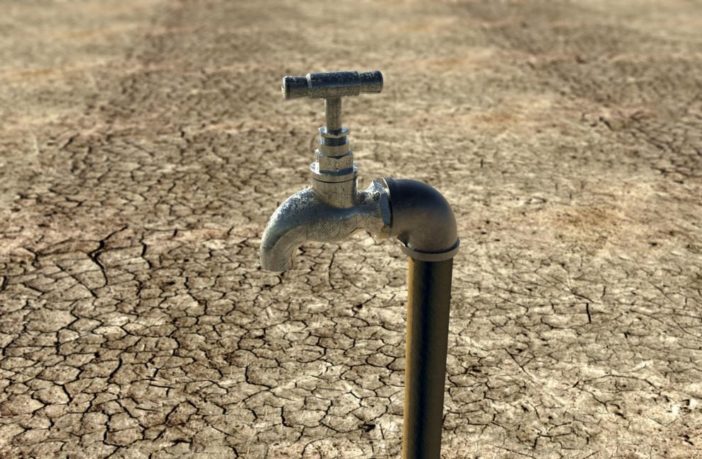On the 1st of February 2018, the City of Cape Town will start to intensify their implementation of water throttling. Water throttling is a term used to limit the supply of water in order to reduce consumption. What it really means is that water comes out of the taps slowly. What are the unintended consequences?
Water throttling may cause a run on water. The agricultural sector will be the first to experience water throttling. The flow of municipal water to this sector is expected to slow from early February 2018. You can bet that leading up to throttling, the Cape farmers are filling their dams, reservoirs, water tanks and anything else that can store water.
Next up for water throttling could be certain high use residential, hospitality and industrial sectors. As reality bites, these sectors will also move to store water in any possible way they can. The overall effect may see a surge in demand that could catch the Cape Town City Disaster Management off guard. The reality is that it may bring day zero forward unexpectedly.
Water throttling also has an effect of reducing pressure in the system. As a result, higher lying areas may not receive any water at all. Supply to high rise, high density areas like the city centre may also fail or not reach upper floors if buildings in these areas do not have a pump system in place. In such a cases, day zero will come early.
Expect civil unrest to intensify at the onset of wider scale water throttling. Communities will unite and mobilise as reality hits home. Traditionally, service delivery protests have been associated with poor communities. The water crisis cuts right across the social divide. Water throttling will up the ante as the 4 million people living in Cape Town will start to demand answers from their leaders. The blame game is set to pour out onto the streets on a much larger scale.
Climate change, poor management, extended drought whatever. The answer to the question of how a large city like Cape Town runs out of water is simple: ‘slowly…….then quickly’. Water throttling signals that the ‘slow’ period is over and the ‘quick’ period has begun.
Author: Bryan Groenendaal











